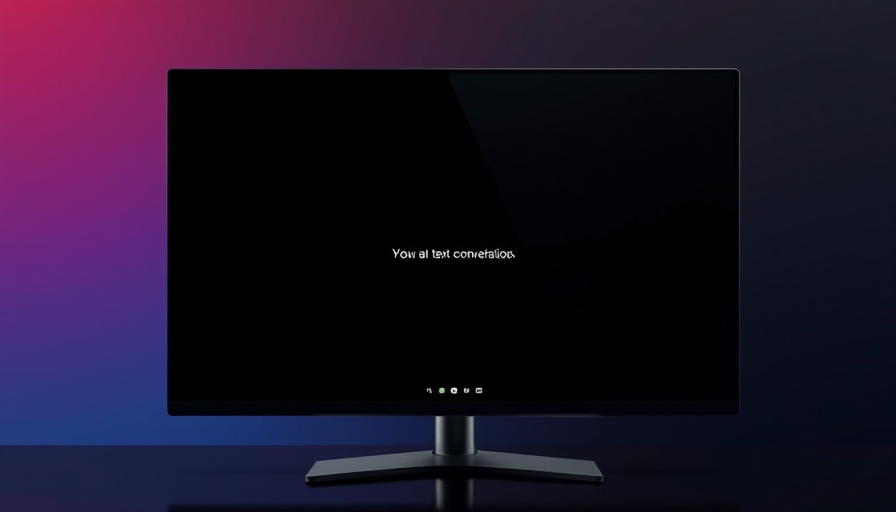
A Shift in Assessment: UCT Stays Ahead in AI Education
In a notable development, the University of Cape Town (UCT) has decided to stop using AI detection tools, including Turnitin’s AI Score, by October 1, 2025. This decision is largely regarded as a positive measure for students who have expressed concerns over the potential errors and biases associated with AI detection technologies. The initiative follows the adoption of UCT's AI in Education Framework, which emphasizes ethical considerations and innovative teaching practices.
Understanding Why AI Detection Tools Are Being Reconsidered
Professor Brandon Collier-Reed, UCT's Deputy Vice-Chancellor for Teaching and Learning, highlighted several key issues regarding AI detection tools. He pointed out that the reliability of these tools has been frequently questioned, as they often yield false positives — incorrectly identifying human-written text as AI-generated — as well as false negatives. Such inaccuracies can jeopardize student trust in their educational institution, causing undue stress and anxiety among learners.
What Does This Mean for Students and Education?
Students at UCT can breathe a sigh of relief knowing that they won't face the potential repercussions of being flagged for AI content that was genuinely their own. As AI technologies like ChatGPT, Claude, and others become increasingly integrated into daily life, the debate around their use in academia is evolving. By removing these detection tools, UCT is sending a clear message that they are adapting their educational practices to embrace the changing tides of technology rather than resisting them.
Reflecting on Global Trends in AI Detection
Globally, educational institutions are grappling with similar challenges related to AI. Many universities are now realizing the inadequacies of relying on automated systems to police student work, often leading to scrutiny about what constitutes plagiarism and originality in the age of AI. This shift indicates a broader reevaluation of academic assessment methods in various educational systems.
Embracing Ethical AI Use in Education
With UCT's new framework prioritizing ethical AI literacy, students will not only be assessed on their knowledge but will also be encouraged to understand how they can use AI responsibly in their studies. The focus is on fostering an environment where students feel empowered to explore AI tools as aids in the learning process, rather than viewing them as threats to their academic integrity.
What Are The Implications Moving Forward?
As educational institutions move towards a more nuanced understanding of AI technologies, the conversation around ethical standards, integrity, and assessment will continue to develop. By focusing on innovative curriculum design, UCT is leading the way toward more engaging and relevant education that reflects contemporary challenges.
For students anxious about AI detection systems, it’s crucial to know that there are resources available to ensure their academic work remains authentically theirs. Bypass ANY AI Detector with ease with this easy-to-use tool.
 Add Row
Add Row  Add
Add 




Write A Comment